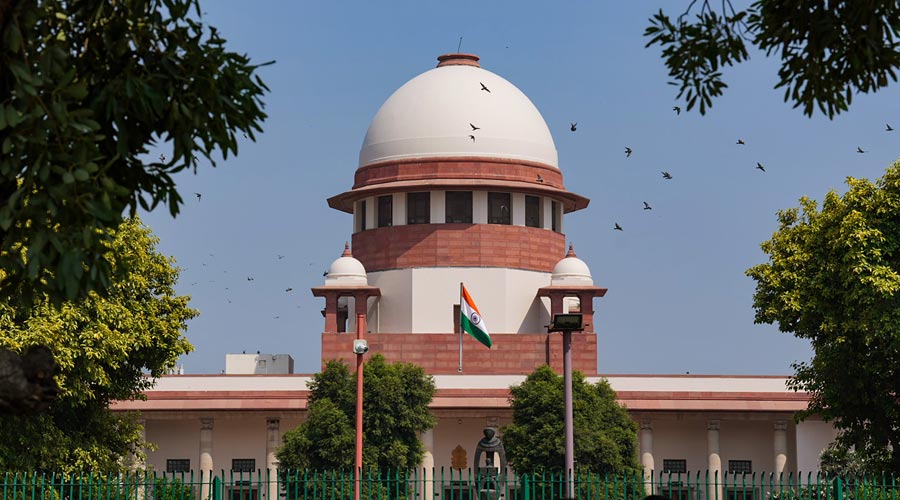K Chakra Pani
On 3rd April 2024, the Supreme Court held that the Accused has no burden or liability to prove his innocence before the Court or Prosecution unless mentioned by law. The Court cleared that the burden of proof to prove the guilt of the accused lies on the Prosecution.
A Bench of Hon’ble Justices AS Oka and Ujjal Bhuyan acquitted the accused on an appeal against the order of the Punjab & Haryana High Court acquitting the accused of Sections 365, 354D(1)(ii) and 506 of the Indian Penal Code 1860 (IPC).
The appellant-accused and the victim were known to each other, and while having the alleged ‘forced’ intercourse, the victim did not raise any protests, cry, or complain against such conduct of the appellant-accused. They were in positions of trust and the victim willingly accompanied the appellant-accused.
The question before the court in this case was whether the accused had the burden to prove his innocence as mentioned by law, and the court is presuming his absence of innocence.
The prosecution relied on Section 114A of the Indian Evidence Act, which provides for the presumption as to the absence of innocence in certain cases of rape. This also provides that such presumption is only applicable only when the offence of rape under Section 376 of the Act is proved by the prosecution.
The Bench noted that the requirements of Section 114A were not met, as there was no offence of rape made out by the prosecution and its evidence. On the contrary, the Court weakened the evidence of the prosecution. The Whatsapp chats between the appellant-accused and the victim showed that they had cordial relations with each other after the event, and had informed him earlier about her visit to the place where the alleged offence was committed. Considering she was a mature, educated woman, her testimony cannot be relied upon to prove the offence.
The Bench stated: “In our jurisprudence unless there is a specific legislative provision which puts a negative burden on the accused, there is no burden on the accused to lead evidence for proving his innocence.”
This decision implies and reinforces the general rule of criminal law that the accused in a criminal offence is innocent until proven guilty, and that the prosecution has the burden to prove the guilt beyond reasonable doubt. Although Section 114A of the Indian Evidence Act mentions such absence of innocence i.e., reversing such rule to guilty until proven innocent. But this is only when the offence of rape is proved by the prosecution, and not before it. Since no case was made out by the prosecution in the present case, the Court acquitted the accused and did not require the appellant-accused’s proof of innocence.
Name of the Case: Pankaj Singh vs State Of Haryana., CRIMINAL APPEAL NO.1753/2023
Bench: Justice Abhay Shreeniwas Oka and Justice Ujjal Bhuyan.

